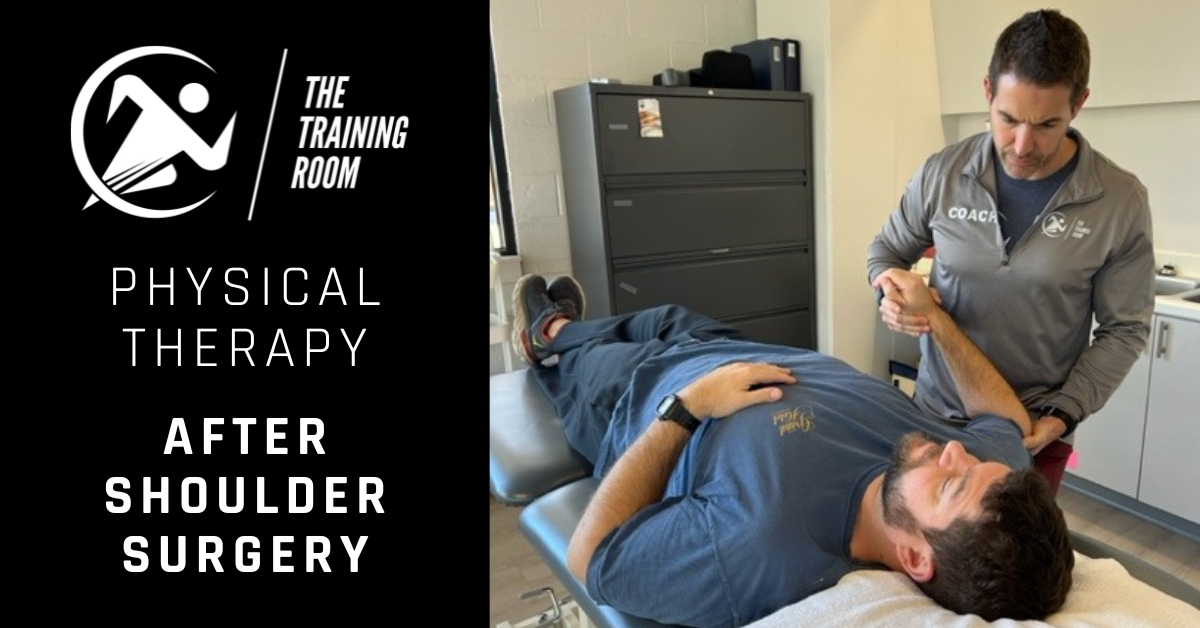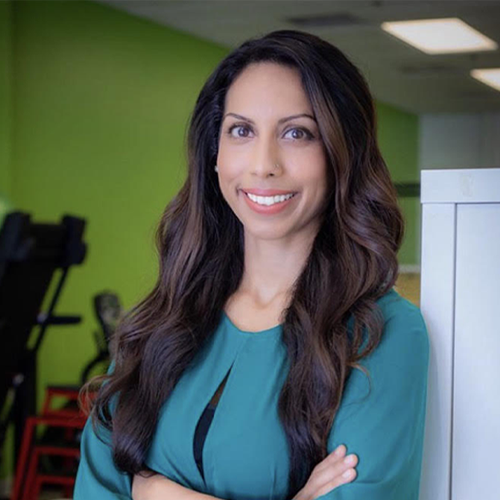
Physical Therapy | 13 Dec 2023
Shoulder injuries are a very common occurrence in the American population and thousands of patients undergo surgery every year. Rotator cuff repairs, labral repairs and shoulder replacements are some of the top procedures performed. When the nature of the injury and pain start to interfere with a person’s quality of life, work, and ability to participate in the things that are important to them then surgery is to be considered. Regardless, physical therapy after shoulder surgery in all cases is a necessary part of post surgical recovery for a patient to return to their full potential.
What warrants an individual to receive surgery?
Many cases of shoulder pain are able to avoid surgery through regular participation in a structured physical therapy program as well as other conservative methods. We have to consider many factors when deciding if a patient needs to have a procedure done. What is the extent of the structural damage? What is their age and health status as well as their ability to tolerate a surgical procedure? Does their job require heavy lifting i.e. construction? Are they a professional athlete who is unable to perform in their sport? Or are they just unable to have proper day to day function of their arm affecting their ability to engage in the simplest tasks.
Immediately after leaving the hospital it is normal to have periods of pain, swelling, decreased mobility and strength. As the healing process progresses these will all improve.
What to expect after shoulder surgery:
Immediately after leaving the hospital it is normal to have periods of pain, swelling, decreased mobility and strength. As the healing process progresses these will all improve. Each surgery and surgeon may have differing protocols but physical therapy after surgery may begin within the first week or once the patient is cleared by their surgeon (anywhere between 2 to 6 weeks post operatively). Our team of physical therapists work one on one with each patient and the initial stages of therapy are more hands-on trying to regain normal mobility and decrease pain. We educate our patients on all aspects of their recovery and work on exercise that progressively gets challenging week by week. The goal is to work specifically on the advanced activities or sport needed for each individual to return to their full function and beyond.
What determines good outcomes post-operatively?
According to the Journal of Orthopaedic & Sports Physical Therapy there are certain variables that can affect positive outcomes in physical therapy after surgery. The following are some that may improve healing and progression during the rehab process but these are all considered on a case by case basis.
- Younger age (less than 55 yrs old)
- No osteoporosis/osteopenia
- Regular level of prior exercise participation
- Little to none pre-operative shoulder stiffness
- Small rotator cuff tear
- Non-smoking
- Good compliance with Physical Therapy
- Following post-operative precautions/guidelines
What determines good outcomes post-operatively?
At the Training Room we take great pride in helping patients after shoulder surgery successfully return to their best selves. Our intention with physical therapy after shoulder surgery is to help patients perform better than they did prior to their procedure. We are experts in post surgical rehabilitation and want to help you achieve your goals.
About the Author

Dr. Saini has 9 years of experience working with a variety of patients from young athletes to film/tv stunt performers. Her specialties are in orthopedics, vestibular/concussion rehabilitation, and post cancer rehab. She also goes on U.S. tours with Broadway shows as the sole physical therapist for performers/crew. Dr. Saini earned her Bachelor of Science in Exercise Physiology from University of California, Davis. She went on to earn her Doctorate of Physical Therapy from University of California, San Francisco.
